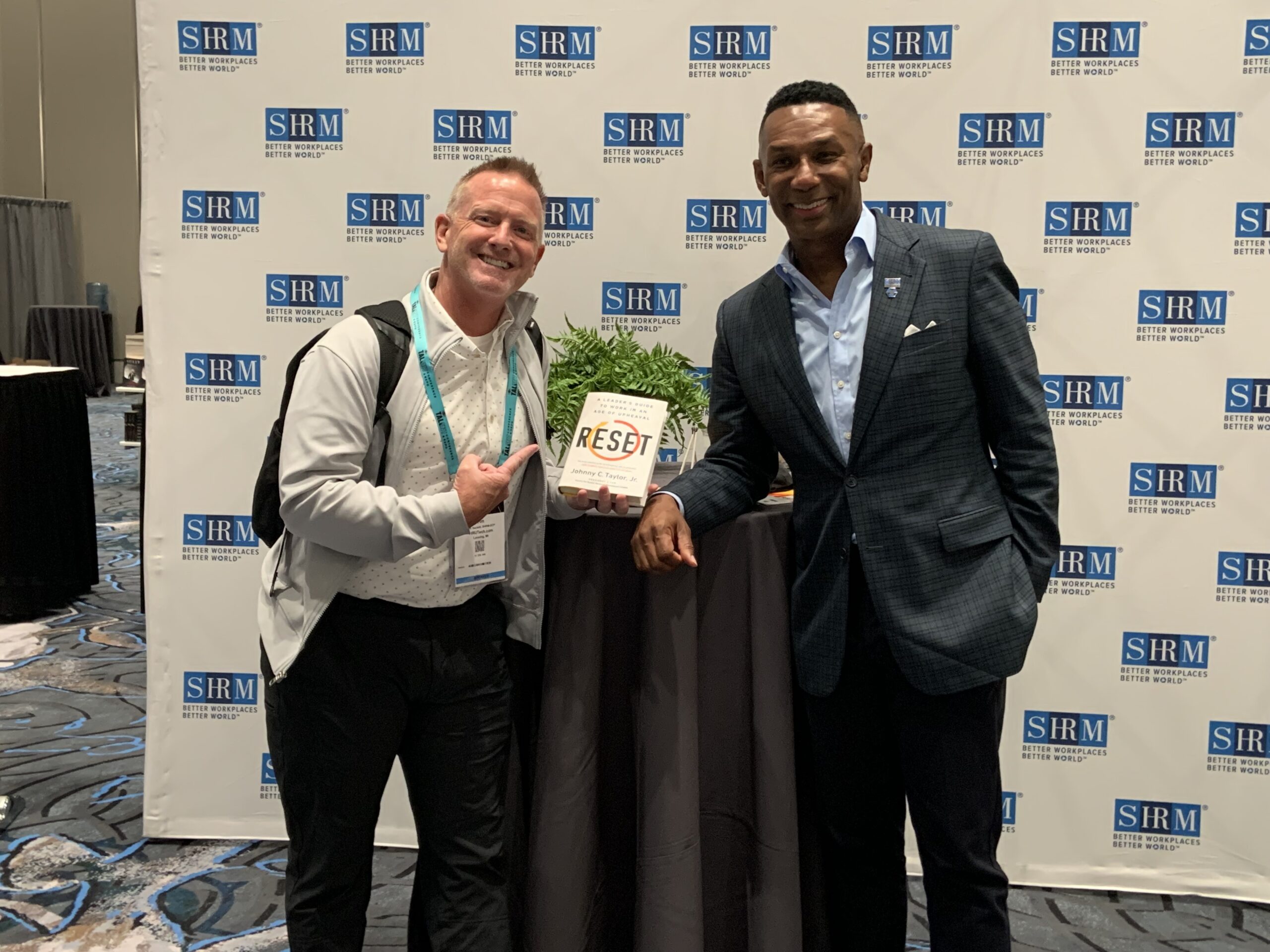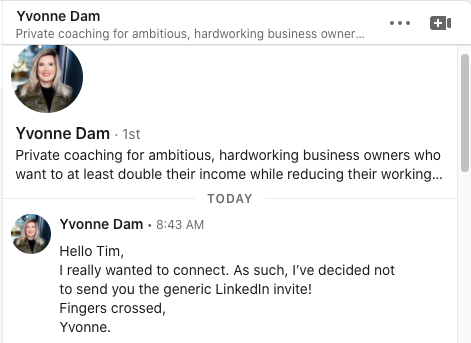In episode 79 of The HR Famous Podcast, longtime HR leaders (and friends) Tim Sackett, Kris Dunn, and Jessica Lee come together to discuss the declining participation rate of males across colleges and universities in America.
Listen (click this link if you don’t see the player) and be sure to subscribe, rate, and review (Apple Podcasts) and follow (Spotify)!
Show Highlights
3:00 – KD sent a note to JLee about women’s workplace fashion coming out of Covid and learned a lot in the back and forth.
7:15 – What would you tell someone in 2021 who was sick of their job and wanted to quit? Should they wait before they have another job and join what’s been called “The Great Resignation,” where people quit before having their next gig lined up. Is this a generational thing?
9:30 – JLee thinks that the ability to quit a job before getting another job has a privilege that many people don’t have.
11:00 – Tim says it’s a proven fact that it’s easier to get a job when you have a job. He says don’t quit a job until you have the next.
13:00 – KD mentions an article from the Wall Street Journal about the declining rate of men choosing to attend college. College campuses are becoming a split 60/40 female-to-male.
15:00 – Tim says this is only an issue if we have a functional way to get men into trade-skills careers and similar types of jobs. KD thinks that pointing to alternatives to college as a reason for the drop is not the whole story.
19:30 – KD asks JLee if she can’t fathom a world where men become a focus point for colleges and the companies they serve, or if she believes the world will be unwilling to do that. She thinks both.
20:00 – JLee wonders if there is too much pride in this country to develop programs to build up and take care of young boys through programming. Kris discusses how cultural changes and resulting shifts on campus have created a mismatch between how young men view themselves from a masculinity perspective and their view of campus life.
24:30 – JLee notes that she thinks educational environments don’t often do a good job catering to a diverse set of students and that this could be part of the larger issue of men choosing not to attend college.
26:45 – Tim thinks there are only three avenues for graduates from public schools and that a lot of students aren’t ready or aren’t a good fit for college.
31:45 – JLee says that a man cannot be the one that is the voice and the face of a male-centered campaign to help with this declining rate. Tim points to the fact that a man trying to lead the cause would be seen as an über-conservative. KD wonders aloud why the topic of masculinity can only be viewed as negative and viewed in an extreme way when different versions of masculinity exists and all are not toxic.


